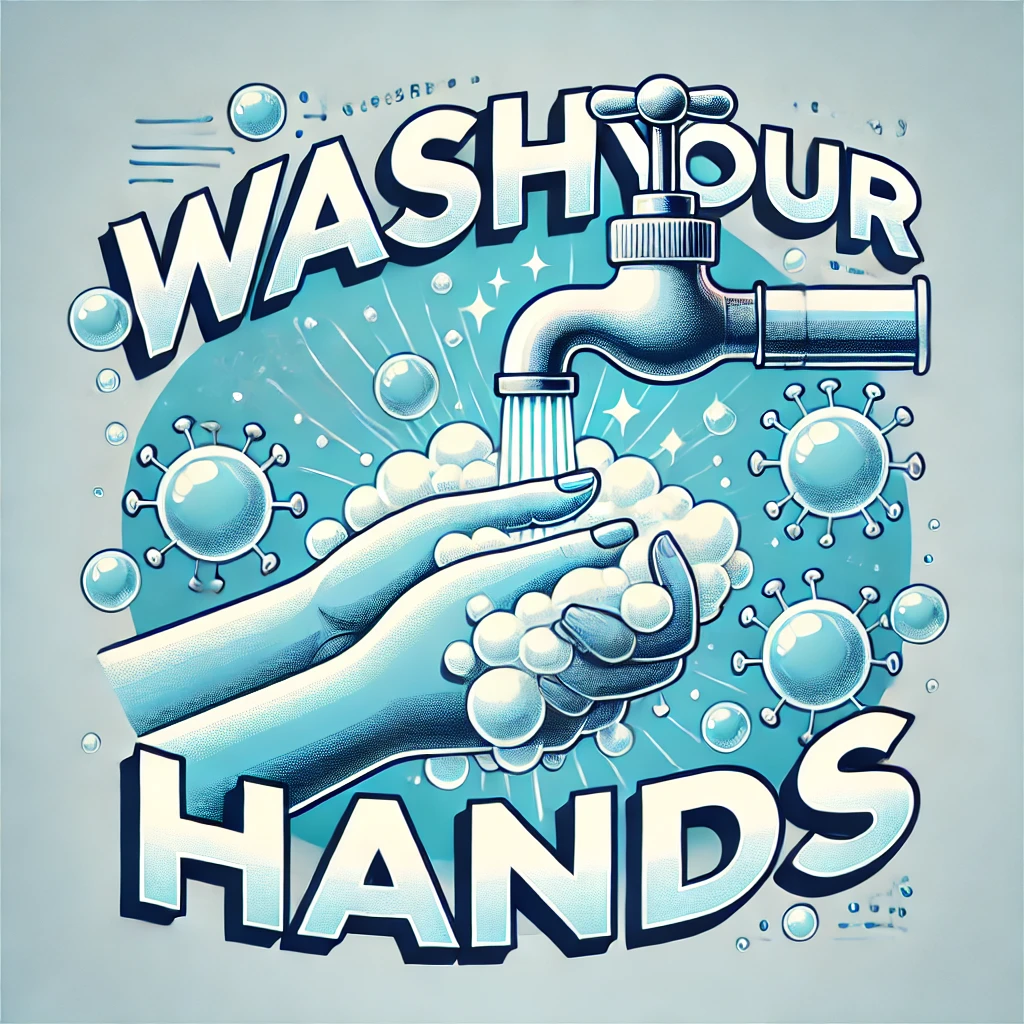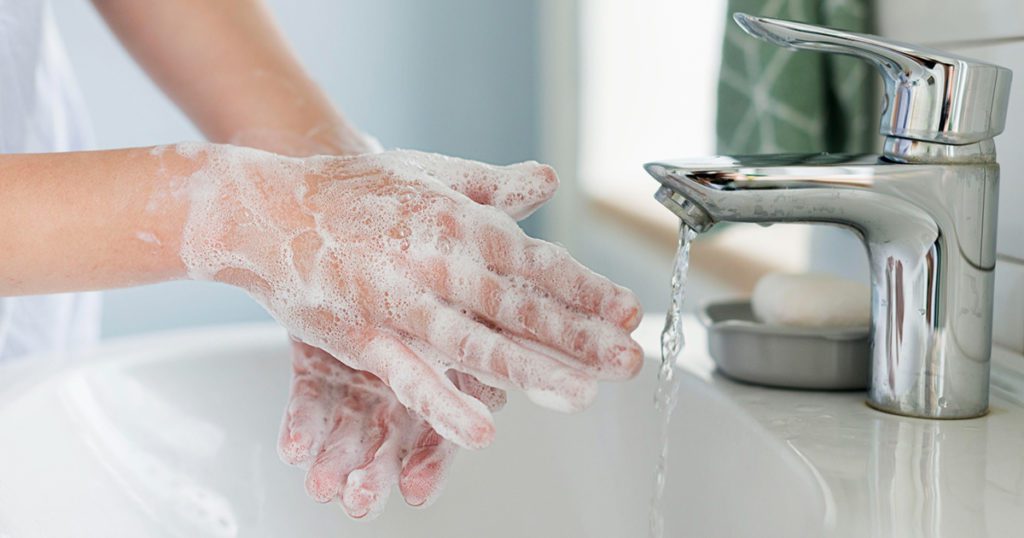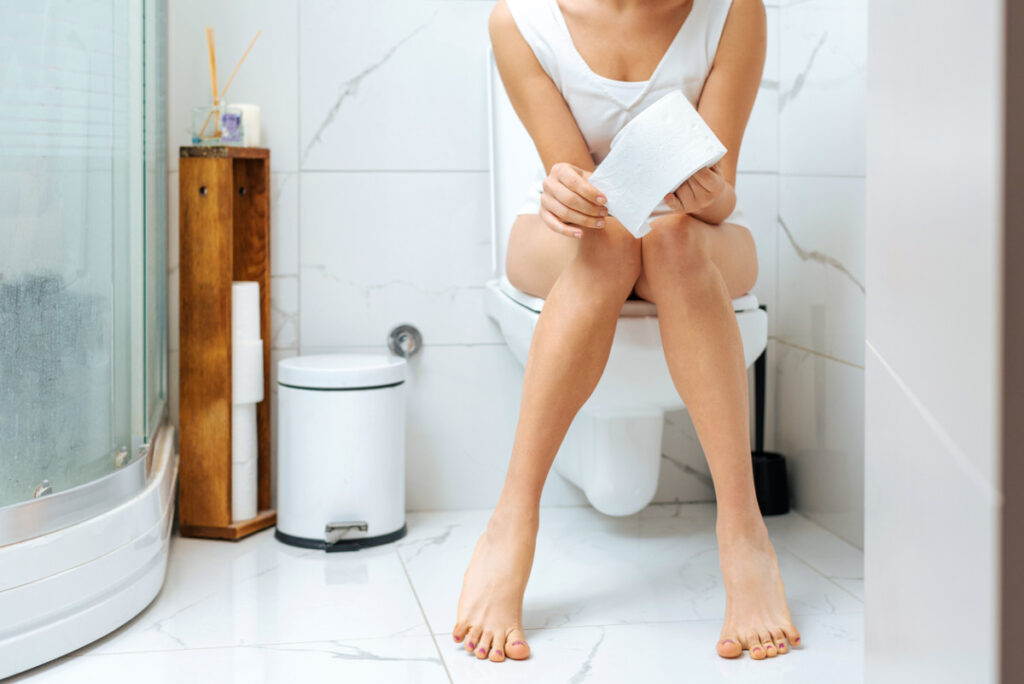
While Covid cases have substantially subsided in recent years, they still occur. Let us not forget some of the basic preventive tactics that we used when Covid was rampant. You know, the same ones that our parents and grandparents told us to do when we were kids, such as:
Hand washing is very important to preventing the spread of bacteria and the diseases they cause. Be sure to wash your hands EVERY time before you eat. Dirt in means dirt out. Wash your hands with warm, or even very warm, soapy water for at least ten seconds. Then dry your hands with a clean dry cloth or paper towel.
Using hand sanitizer IS NOT a sufficient replacement for soap and water. Most people have no idea what is in the hand sanitizer that is being used. Not all hand sanitizers are the same. Most will dry your hands out if used to frequently because of the alcohol content.
Before you, or anyone else, opens your refrigerator door, be sure to wash your hands…
especially if you/they are just coming in from the outdoors.
Practicing social distances still helps prevent the spread of other people’s germs onto you and your clothing. Whether it is six feet or even three feet, maintain some distance between you and the person close by, unless they are a loved one. Then, give them a hug. But if you don’t want to hug the person, step back from the person. Be safe, not sorry.
Drinking water helps flush germs out of your body. It aids the digestive track. The amount of water for you is determined by the simple formula: Whatever your body weight is, divide it by two then drink that amount of OUNCES of water. Some people need more than the usual eight glasses per day. Some need less. All glasses are not the same size, so you can’t always use that as your measurement tool. However, an ounce is consistently an ounce, no matter what size, shape, or design of the glass.
Using the bathroom is a good indicator of what’s going on inside your body. Pay attention to your bowel movements. Ideally, there should be one bowel movement after each meal. However, American society doesn’t always allow for us to sit and enjoy a whole, well-balanced meal. Yet, if you have not had a bowel movement for an entire day, know that that is not good for you.
Going two consecutive days without a bowel movement means that there is something seriously wrong. Perhaps eating natural laxatives like oatmeal (non-instant), freshly made green salads, and prunes will help. If you have not had a bowel movement in three consecutive days, call your physician immediately.
By the way, please wash your hands AFTER you have used the bathroom.


